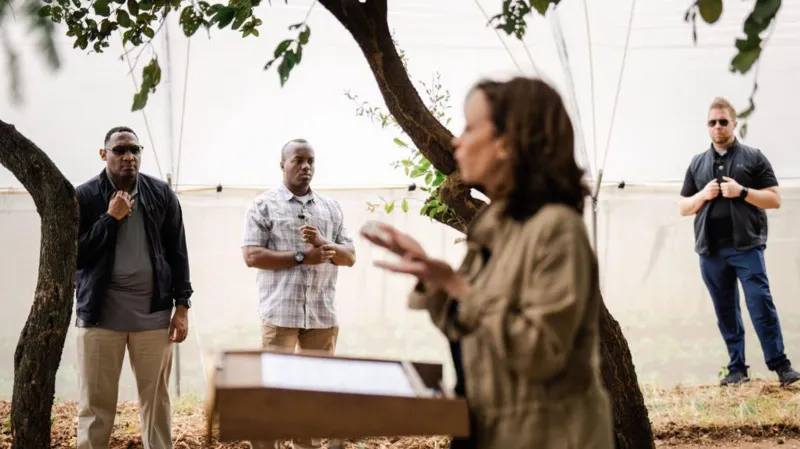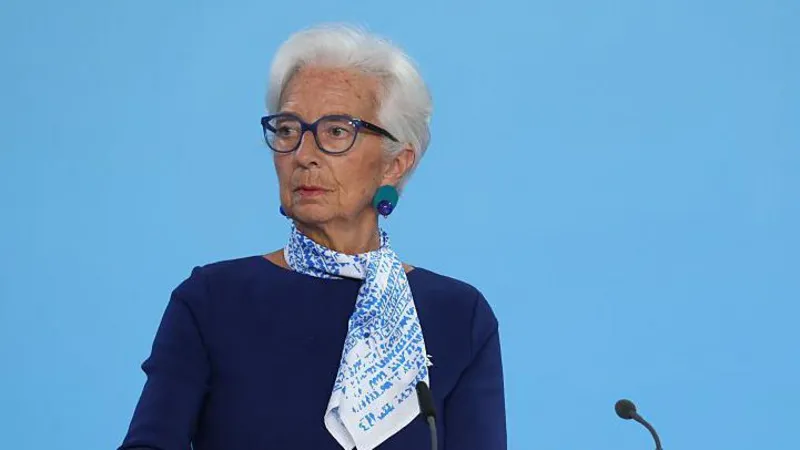Why Has Kamala Harris’s Security Detail Been Withdrawn?
In a surprising policy reversal, President Donald Trump has revoked the extended Secret Service protection that former Vice President Kamala Harris had been receiving. This decision, effective September 1, 2025, has raised eyebrows and sparked a wave of debate over whether it was grounded in practical security considerations or political retribution.
1. What Was the Security Detail and Why Did It End?
Under federal law, former vice presidents are granted six months of Secret Service protection after leaving office—automatically. For Kamala Harris, whose term ended on January 20, 2025, this entitlement would have naturally expired around July 21 of the same year (The Guardian, Reuters, Wikipedia).
However, before leaving office, President Joe Biden quietly extended Harris’s protection by an additional year, stretching her coverage to last approximately 18 months total (The Guardian, Reuters, CBS News, Wikipedia).
2. Trump’s Reversal: The Official Reason
On August 28, 2025, President Trump issued a formal memorandum to the Secretary of Homeland Security, instructing that the Secret Service “discontinue any security-related procedures previously authorized by Executive Memorandum, beyond those required by law” for Kamala Harris. The order takes effect on September 1 (The Guardian, Reuters, Indiatimes, ABC7 Los Angeles, The National, CNBC).
In essence, Trump allowed the legally mandated six-month security protection to conclude and revoked Biden’s discretionary extension.
3. Was There a Security-Based Rationale?
Not according to available reports. Multiple sources clarify that Harris’s detail was not discontinued due to a new threat assessment suggesting she was no longer at risk. Instead, the change appears purely administrative—and politically calculated (CBS News, ABC7 Chicago, India Today, AP News).
Meanwhile, Harris was poised to begin a high-profile 15-city book tour for her memoir 107 Days, scheduled for release on September 23—thus stepping into the public spotlight once again (Indiatimes, Reuters, The Guardian, The Washington Post, ABC7 Los Angeles).
4. Political Backlash and Allegations of Retaliation
The move drew strong rebuke from Democratic officials:
- Governor Gavin Newsom denounced the action, stating that “the safety of our public officials should never be subject to erratic, vindictive political impulses” (Indiatimes, The Guardian, ABC7 Los Angeles).
- Los Angeles Mayor Karen Bass condemned the withdrawal as “another act of revenge” and voiced concerns about Harris’s safety during imminent public appearances (Indiatimes, The Guardian, ABC7 Los Angeles).
Many commentators interpret the revocation as part of a broader pattern under Trump’s second term, where he has ended Secret Service protection for other perceived political opponents—including former allies like John Bolton and President Biden’s children, Hunter and Ashley (El País, ElHuffPost, Reuters, Al Jazeera, CNBC, The Guardian).
5. Security Outlook: What This Means for Harris
With federal protection ending, Harris will no longer benefit from:
- 24/7 Secret Service detail
- Threat intelligence monitoring (including online and in-person scrutiny)
- Protection of her Los Angeles residence
- Coordination of physical logistics and emergency response
Experts warn that arranging equivalent private security would be costly, potentially running into the millions of dollars per year (Indiatimes, ABC7 Los Angeles, India Today).
6. What’s Next? Alternative Security Measures
State and local officials appear ready to step in:
- Los Angeles Police Department could supplement her security in the public domain.
- California officials, including Newsom and Bass, are reportedly exploring viable protective arrangements (The Guardian, Indiatimes, ABC7 Los Angeles).
Their ability to match the scope and responsiveness of federal protection, however, remains uncertain.
7. The Ripples: Broader Implications
a. Setting Political Precedent
Using security access as a political lever raises chilling possibilities—suggesting that personal safety protocols may be wielded for partisan gain.
b. Impact on Future Political Figures
If normalized, future ex-officials could face abrupt security terminations based on political shifts, undermining public trust in nonpartisan protection.
c. SPD and Privacy Concerns
Without federal agents monitoring threats, Harris and her team must find new ways to manage digital vulnerability and personal risk.
d. A Shift in Public Visibility
The timing around her book tour amplifies concern: stepping into public venues without federal backing could expose vulnerabilities to harassment, protest, or worse.
8. Conclusion: A Politicized Withdrawal with Real Consequences
Kamala Harris’s loss of Secret Service protection underscores the fragile intersection between security policy and partisan politics.
- Legally valid—but politically controversial: Trump’s decision utilized his authority but raised alarms about its motivations.
- Security gap at a risky time: With Harris reentering public life via a high-profile book tour, the withdrawal poses real safety concerns.
- Potential precedent for politicizing protection: The move risks transforming security norms into partisan tools.
In the coming weeks, observers will be watching closely to see how Harris’s team responds—and whether state and local agencies can adequately fill the security void during one of her most visible moments in public life.





